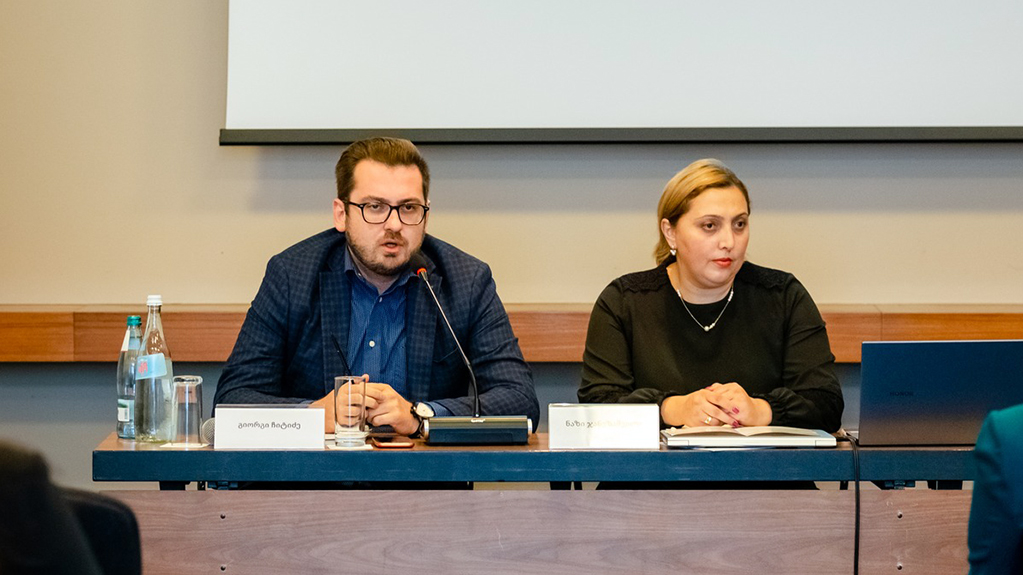Twelve non-governmental organizations are urging the authorities to halt the campaign aimed at discrediting judges who hold different opinions regarding the implementation of the integrity-check system, known as vetting.
News
"The government has initiated a campaign to discredit judges who hold differing opinions. In a negative context, the Prime Minister mentioned one judge who occasionally takes different stances on current events. Judges with dissenting views were also negatively referenced by Members of Parliament Beka Odisharia and Davit Matikashvili. Through these actions, government representatives have once again demonstrated that critical and principled opinions within the judiciary are deemed unacceptable by the political establishment," stated the non-governmental organizations.
Prime Minister Irakli Kobakhidze's criticism of a judge in the judicial system for delays in handling cases is of particular concern to the signatories of the statement. Kobakhidze stated yesterday that "at least one of the two judges of the Supreme Court has an integrity issue, as he fails to consider cases promptly and is lazy."
Non-governmental organizations emphasize that the excessive caseload is a systemic issue affecting the entire judiciary, and resolving it is primarily the responsibility of the judiciary.
"Instead of addressing the issue, the overflow of cases and consequent delays in hearings are being leveraged to exert pressure on judges.
We urge the authorities to cease the campaign aimed at discrediting judges with differing opinions and to fully adhere to the European Union's standards. Compliance is not only a prerequisite for EU membership but also for establishing an independent and impartial judiciary and advancing the country," declare the non-governmental organizations.
The statement is signed by:
- Georgian Court Watch; Independent Group of Lawyers
- Transparency International Georgia
- Democracy Defenders
- Georgian Democracy Initiative
- Georgian Young Lawyers' Association
- Social Justice Center
- International Society for Fair Elections And Democracy
- Rights Georgia
- Civil Society Foundation
- Institute for Development of Freedom of Information
- The Centre for the Study of Democracy
After granting candidate status to Georgia, the European Commission identified the reform of the judicial system as one of the prerequisites. Among other things, it specified the need to establish an extraordinary system to verify the integrity of candidates and individuals appointed to senior positions within the judiciary, such as members of the Supreme Council of Justice, Supreme Court judges, and court chairpersons.
Vetting, which involves assessing a candidate's suitability, including their integrity, before assuming a significant role in the public sector, is categorically unacceptable by the leaders of Georgia's ruling party. They attempt to portray it as an initiative of the opposition and non-governmental organizations. Parliament Chairman Shalva Papuashvili believes that this mechanism contradicts the constitution and sovereignty of Georgia.
The statement against Vetting was also released on behalf of the Supreme Court. It asserts that the extraordinary procedure for verifying the integrity of judges unequivocally, fundamentally, and in principle undermines the independence of the court or individual judges. Two Supreme Court judges, Ekaterine Gasitashvili and Nino Bakakuri, did not endorse the Plenum of the Supreme Court's statement regarding the implementation of the extraordinary mechanism for assessing good faith and publicly announced their stance. Other judges from the lower courts expressed a similar view. They declare that they do not wish to obstruct Georgia's European future; therefore, they are prepared to undergo the test of good faith.















